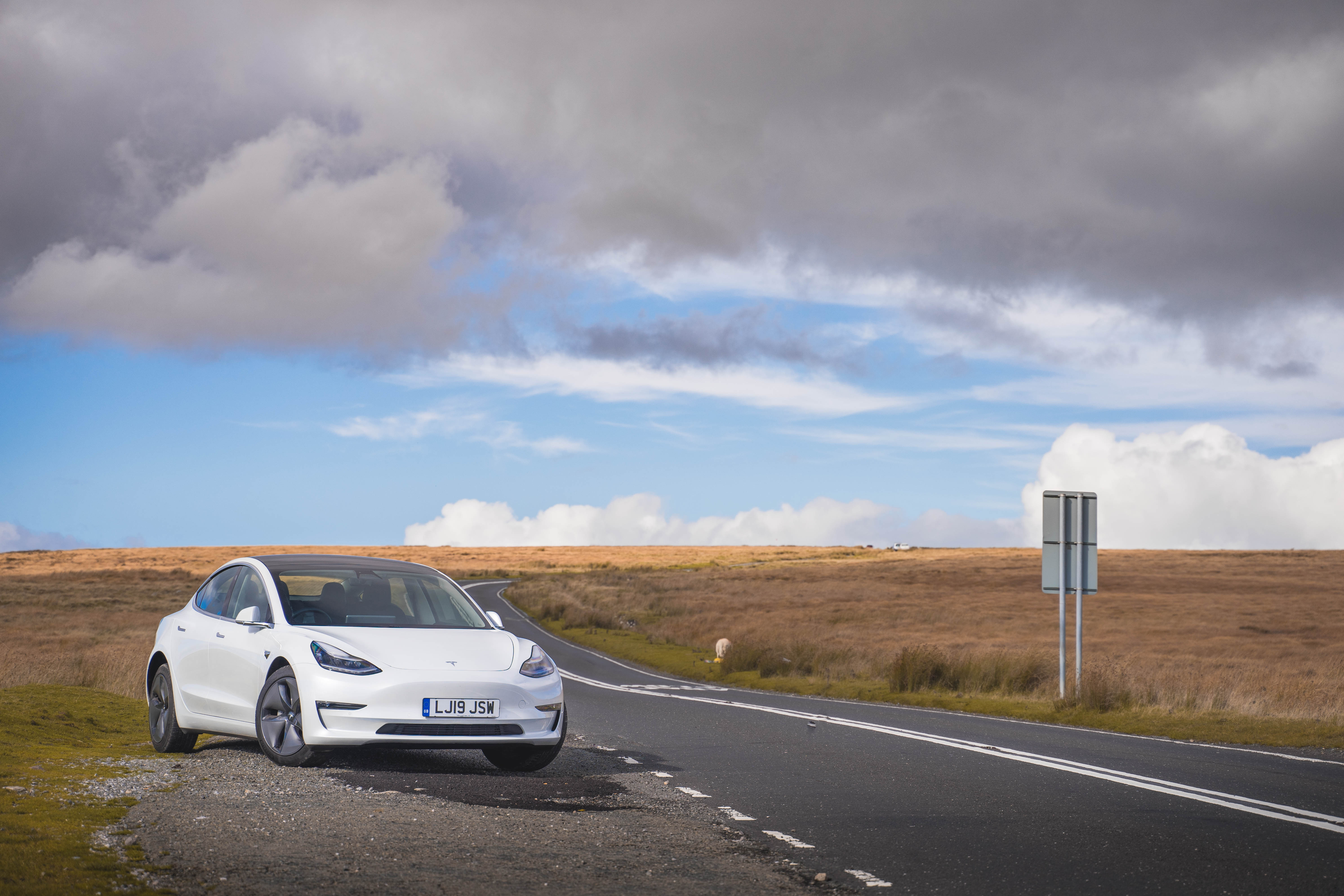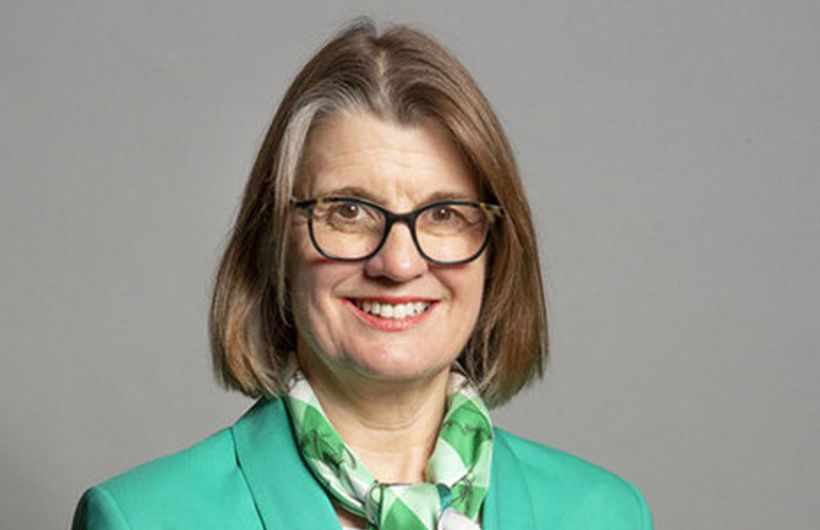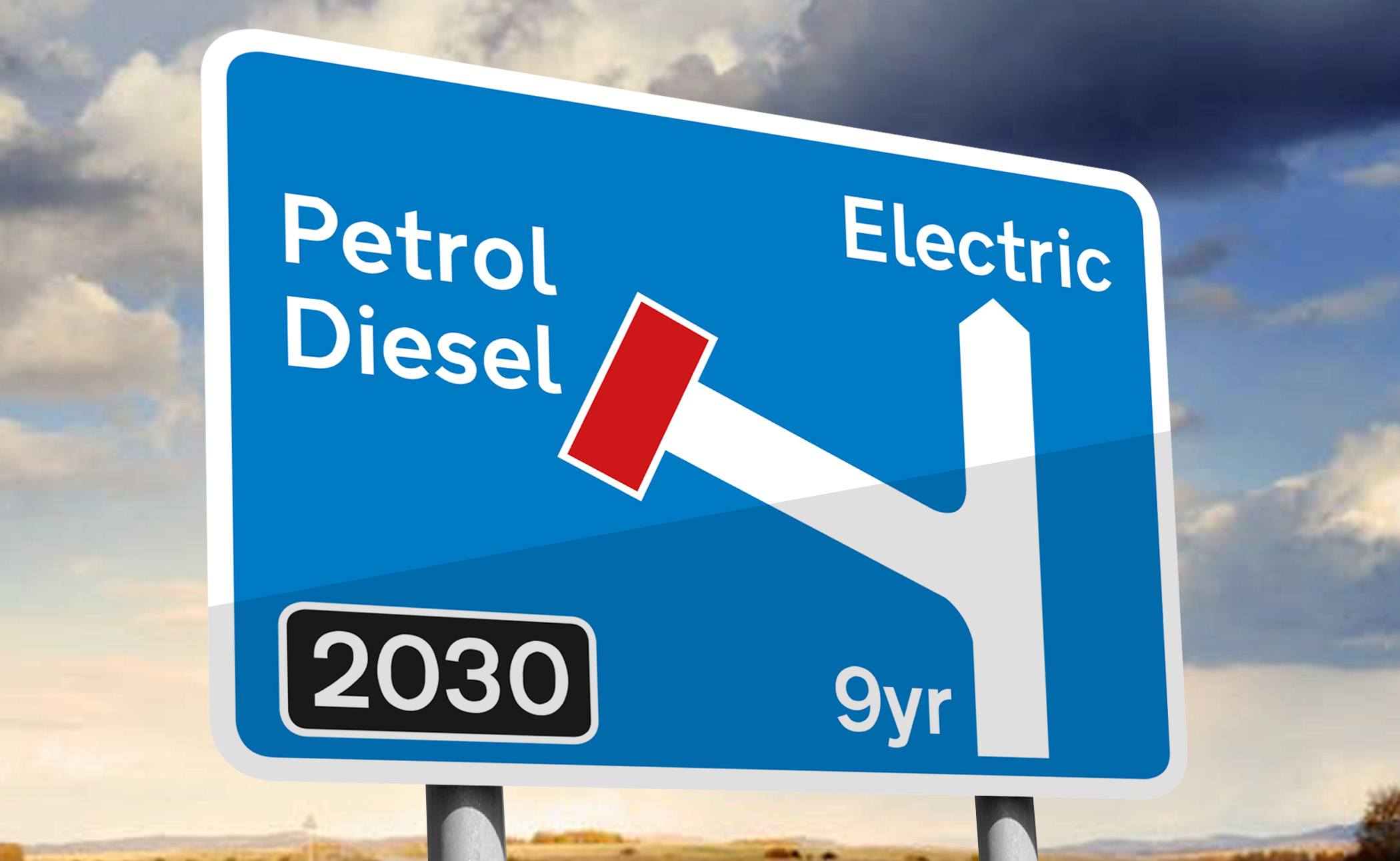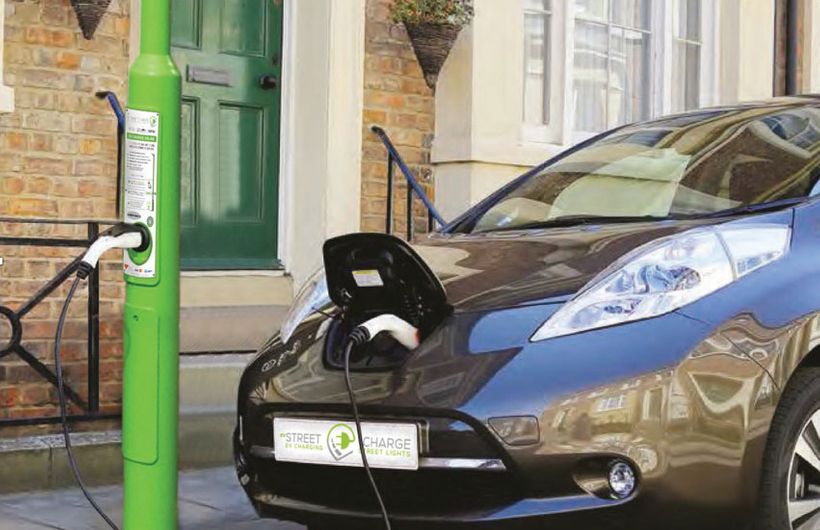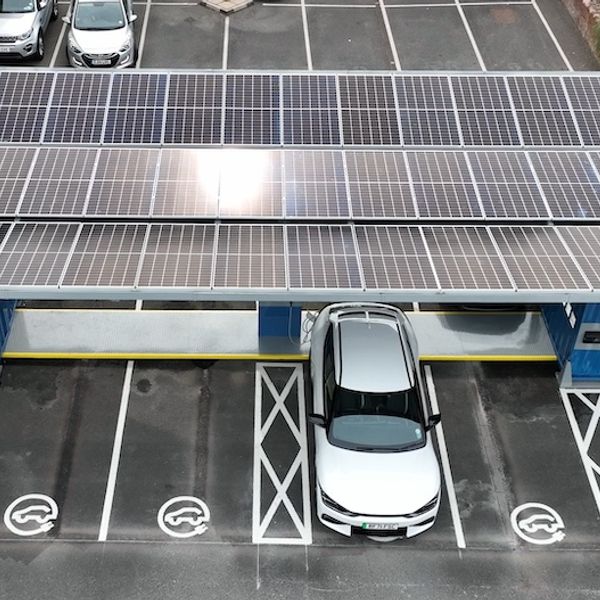Maclean explained: “We want the private sector to come in and we will take the best commercial offer. Now we have set out our strategy this is an attractive area for investment. This will drive an increase in performance.”
The move has been welcomed by industry experts. RAC spokesman Rod Dennis said: “This is great news as charging electric cars at motorway service areas needs to fast, reliable and easy to pay for so drivers can make longer journeys with the minimum of fuss.
“Nothing is more frustrating to an electric car driver than the sight of an out-of-order charge point, so the fact that there will be a commitment to having chargers ‘in service’ will make a big difference. The promise of clear pricing is also important as drivers are used to knowing what they’d be paying before filling up, thanks to petrol price ‘totems’ on forecourts.
“It should also go a long way towards showing would-be EV drivers that ‘range anxiety’ is a thing of the past, further speeding up the switch to electric.”
Ecotricity's Electric Highway has since promised that it is to upgrade all of its chargers, but this may not be enough to fend off the regulators. The Competition and Markets Authority has begun an investigation into the car charging market and is looking closely at the situation on Britain's road network. Ecotricity's general manager Andrew Hibberd responded to the study and said: "restrictive or prohibitive policy.... at this stage of market maturity could hinder more than help, as it has the potential to stifle innovation and create disincentives for investment".
It’s not just the rapid charging network which will be shaken up, said Maclean. “We have doubled the funding available to local councils to improve charging infrastructure. What I would say to anyone listening to this who thinks ‘I haven’t got one near my house’ is to get in touch with your local council. We in central government have made this money available but some of it is not being spent, which is a real shame.” The Minister also urged electric car drivers to help shape the future policy by contributing to the public consultation into the consumer experience at public charge points.
In addition to the consultation, Maclean announced that she would be writing a monthly blog for Electrifying.com to help answer consumer questions as motorists make the switch to electric. Every month the website will be gathering questions posed by readers and putting them to the Minister. If you have a question, please get in touch!
![]() Councils aren't accessing the available grants for chargers
Councils aren't accessing the available grants for chargers  Each service station will have at least six 150kW+ chargers
Each service station will have at least six 150kW+ chargers 







